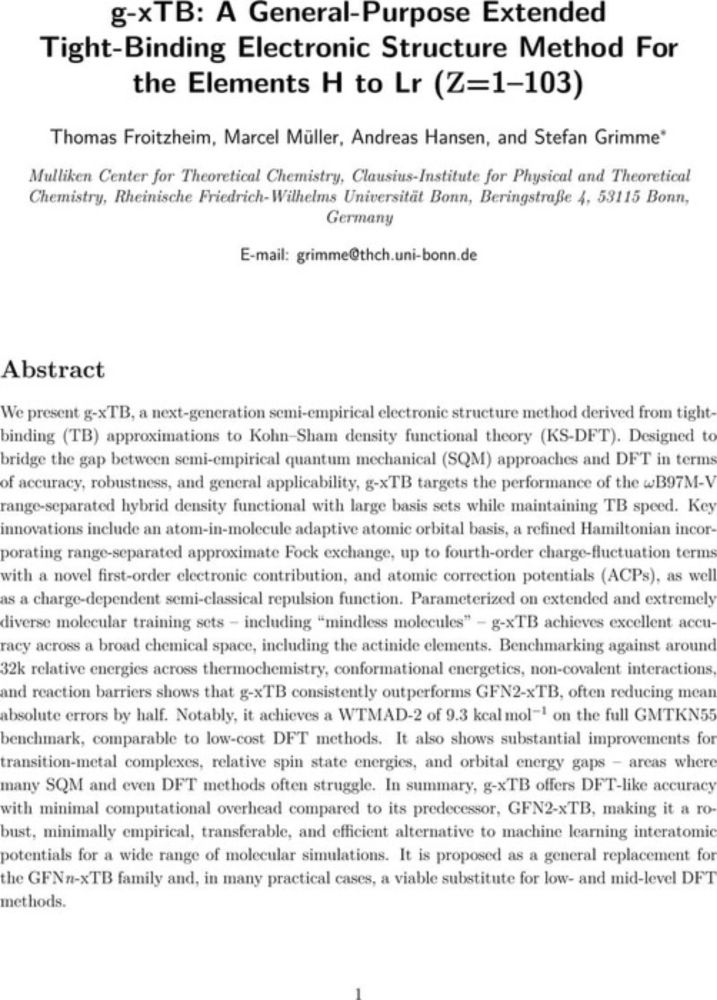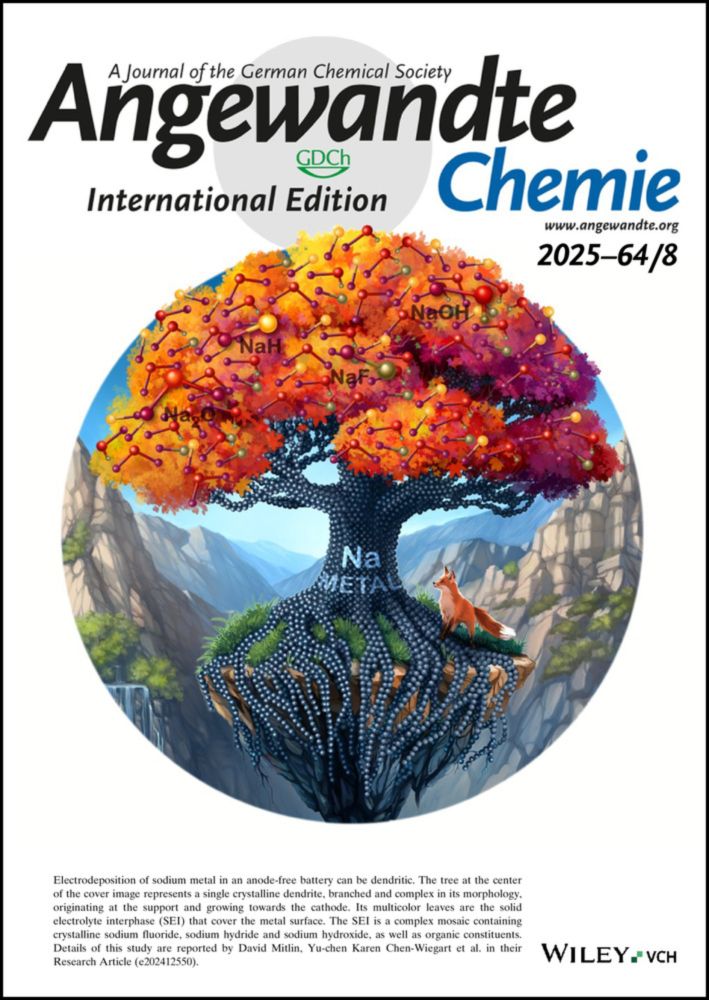
Our new paper explores how atoms with similar atomic numbers can be misidentified with X-ray crystallography, and revises the chemical structures of a series of nucleoside natural products.
pubs.acs.org/doi/10.1021/...

Our new paper explores how atoms with similar atomic numbers can be misidentified with X-ray crystallography, and revises the chemical structures of a series of nucleoside natural products.
pubs.acs.org/doi/10.1021/...
Catch the details at #WATOC: my talk (Thu Session B1) and Stefan’s talk (Thu Session A2).
#compchem
doi.org/10.26434/che...

Catch the details at #WATOC: my talk (Thu Session B1) and Stefan’s talk (Thu Session A2).
#compchem
doi.org/10.26434/che...
doi.org/10.1002/anie...
Tutorial on GOAT: www.faccts.de/docs/orca/6....
#ORCAqc #ChemSky

doi.org/10.1002/anie...
Tutorial on GOAT: www.faccts.de/docs/orca/6....
#ORCAqc #ChemSky
Key features:
🔹Drag & drop Gaussian/ORCA output files to calculate Boltzmann-averaged ECD/UV/VCD/IR/NMR/OR data
🔹Removes redundant conformers
🔹Makes SI data tables
pubs.acs.org/doi/10.1021/...

Key features:
🔹Drag & drop Gaussian/ORCA output files to calculate Boltzmann-averaged ECD/UV/VCD/IR/NMR/OR data
🔹Removes redundant conformers
🔹Makes SI data tables
pubs.acs.org/doi/10.1021/...

